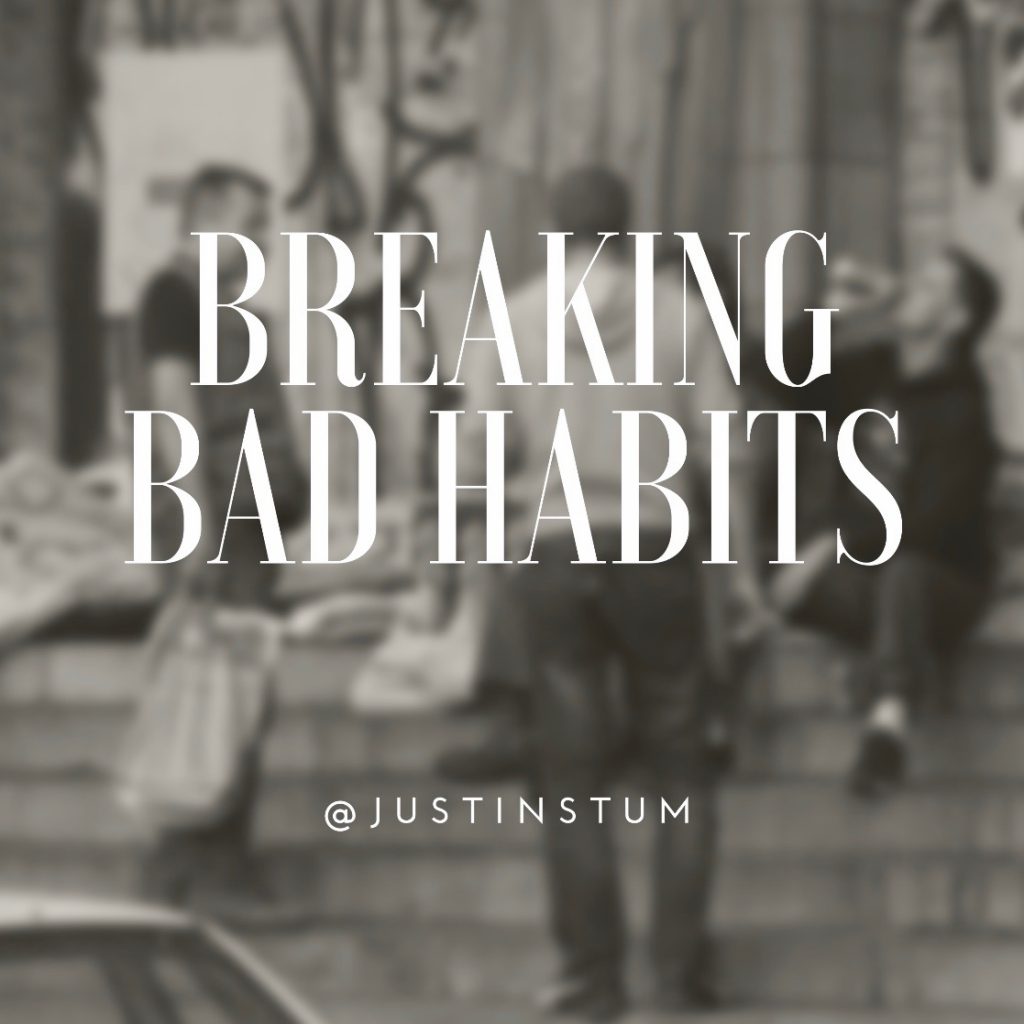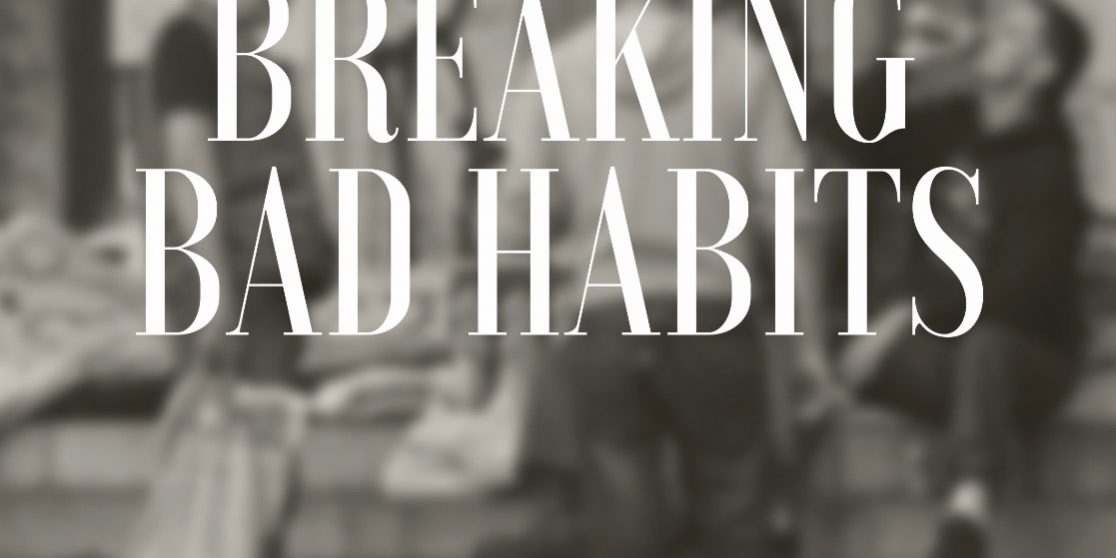
So if you’re like most people you have habits, likely lots of them. We are creatures of habit is the old saying. We are habitual because our brains, not our core selves, are in fact wired to be habitual. Let me explain, have you ever wanted to sit in the same area of a classroom in college? Maybe your preferred the same food item at a local restaurant, not just because you enjoyed it but because it was safe, familiar, and predictable? Well, that’s how we are wired, we are wired to engage in safe predictable patterns that help us navigate our world; ones that help guide us into a variety of circumstances and relationships. Well here is the problem, the problem with habitual behaviors or choices is that at times the habits are things that don’t help us but rather hinder our relationships and emotional health. Listen to me here, I’ve worked with thousands and thousands of people and often I find them embracing solutions that they thought would help but those solutions and or habits become the problem! Yes, that was not a typo, the solution that then becomes a habit, becomes their problem! Habits can grow into dependencies and or addictions but for now I’ll just be talking about breaking habits, those old pesky things you may continue to do but wish you could stop.
So how do we break a habit?
How do we get out of a pattern of thinking or behavior? Well, you have to remember that you are going to be challenging a patterned behavior that was and is maintained in your brain, the organ that does a lot of good yet at times maladaptive things!
1. You’ve got to want it. If you are not bothered enough or desiring enough stopping a habit is next to impossible if you are stopping for someone else or just not really that interested. So, decide you want to stop, period.
2. You’ve got to get it outside of yourself, so write it down and then tell someone. This will help keep you accountable and help you separate yourself from your behavior(s).
3. Break it down into small steps. Now, this is the tough part, you’ve got to break the habit down into steps. If you want to stop eating all the carbs you consume daily and are in a habit of unintentional eating then you’ve got to break it down into steps. Maybe it’s shopping more intentionally, prepping meals, asking friends what they eat or where they eat, it’s setting an amount or threshold of how many carb-filled items you’ll etc, etc. You’ve got to take the habit, break it down and come up with some solution-focused steps that will allow it to be realistic and measurable. Attempting to stop all at once usually ends up with people stopping for a day or two then re-engaging in the habit only to give up altogether.
4. You will have slips or setbacks. You just will. You are standing up to your brain, that brain is picky and at times will push you to engage again in the old habit. Practice some self-compassion and don’t break down or quit if you stumble, let it be a sign that you are resisting the brain and the habit, that’s good!
5. Replace don’t just remove. Now, you need to engage in replacement not just mere removal of the habit. If you are going to cut down on the habitual carb consumption, then you better be replacing those carbohydrates with something else. Some other food, salads, proteins, etc … so again you’ve got to think less about restricting the habit and instead think in terms of reducing and replacing with other more mindful and healthy choices and behaviors.
6. We all love milestones, right? So set a goal and measure it with the habit. When you reach your goal then reward yourself, not with the habit your trying to stop of course, you are trying to break of course but with something that helps you highlight and celebrate your progress. Also, tell others, reinforcement is powerful and allowing others into your space to celebrate with you can add to your momentum of change!
7. Listen to me here, don’t give up. Some habits have been in your life for months or years, those won’t stop overnight. You’ve got to realize that what you nurtured and engaged in for all that time is set in the old brain to some degree, yet you can break the habit, you can, be believing it will happen!
Copyright: No part of this article in section or full may be reproduced without permission from the author Justin Stum, MS LMFT. The one and only exception is for educational purposes and only if the contact information below for the author is fully cited here in article.
Justin Stum, MS LMFT, 640 E. 700 S., Suite 205B, St. George Utah 84770, 435-574-9193, https://www.justinstum.com








